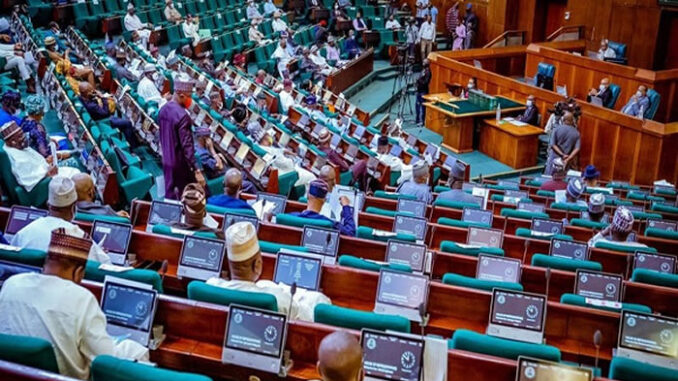
The deputy speaker of the House of Representatives, Benjamin Kalu, has recommended stakeholders’ engagement on the death penalty in the ongoing constitution amendment process.
Mr Kalu made this submission on Friday in Abuja while hosting a delegation from the Death Penalty Project led by officials from the British High Commission.
The deputy speaker said that amid a growing global push to abolish the death penalty, the decision to do so ultimately lay with the totality of Nigerian citizens.
He emphasised the need for robust debate, collaboration and engagement among stakeholders, acknowledging the diverse opinions.
“We are willing to collaborate with you and have further engagements as we know that aligning our laws with international best practices enhances Nigeria’s reputation on the global stage,” he stated.
The deputy speaker said that more than 130 countries worldwide have abolished the death penalty in law or practice.
“This shift reflects a global understanding that justice must incorporate rehabilitation and restorative practices rather than solely punitive measures,” he added.
Mr Kalu said that though there was no bill on the abolishment of the death penalty in the House, the lower chamber was mulling a debate on the need for a legal framework.
“I am trying to give it a legal framework by presenting it as a bill; we are considering presenting it before the parliament for debate for us to know whether or not it is what our society needs at the moment,” he said.
Mr Kalu said the bill, when introduced, would pass through various stages of public hearings to allow the public to make contributions on the subject matter.
According to him, the lawmakers are positive that their willingness to engage further in this discussion will send a clear message that they are committed to upholding human rights and ensuring Nigeria’s criminal justice system reflects fairness and proportionality.
Earlier, the leader of the delegation, Saul LeurFeund, co-founder and co-executive director of the Death Penalty Project, said that the visit was to seek the parliament’s collaboration on the potential abolishment of the death penalty in Nigeria.
He said great progress had been seen in Zimbabwe, which abolished the death penalty on New Year’s Eve.
Mr Kalu said it would be helpful to have a conversation around the death penalty in Nigeria with a view to abolishing it.
“So, we want to bring our experience and to discuss with you the possibility of how the constitution can be amended and anything we can do to provide technical support,” he said.
Leave a Reply